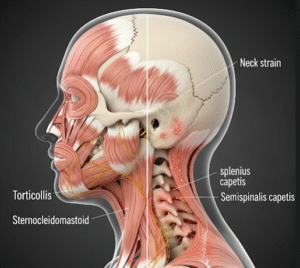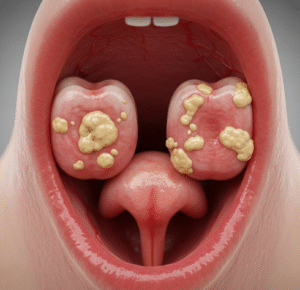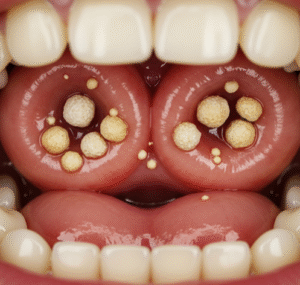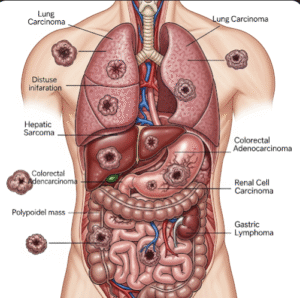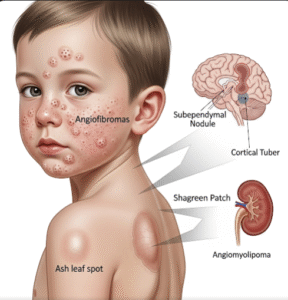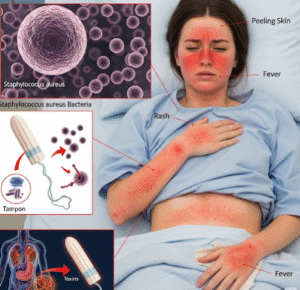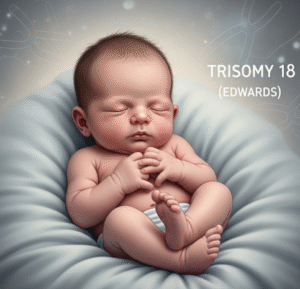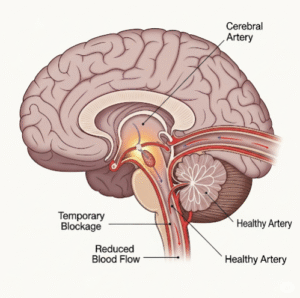Overview
Tuberous Sclerosis Complex (TSC) is a rare genetic disorder characterized by the growth of benign tumors in multiple organs, including the brain, kidneys, heart, lungs, and skin. These tumors, while usually non-cancerous, can lead to serious complications such as seizures, developmental delays, organ dysfunction, and behavioral challenges. TSC affects both children and adults and is caused by mutations in either the TSC1 or TSC2 genes. South Korea offers advanced genetic testing, specialized pediatric neurology care, and multidisciplinary treatment programs to manage TSC, helping patients and families improve quality of life, control symptoms, and prevent severe complications.
What is Tuberous Sclerosis Complex (TSC)?
TSC is a genetic disorder resulting from mutations in the TSC1 or TSC2 genes, which regulate cell growth and division. Dysfunction in these genes leads to the formation of benign tumors called hamartomas in multiple organs. TSC is inherited in an autosomal dominant pattern, but many cases result from spontaneous mutations. Clinical manifestations vary widely, ranging from mild skin abnormalities to severe neurological and systemic complications. In South Korea, early diagnosis and continuous monitoring by specialized TSC clinics enable personalized treatment and management plans.
Symptoms
Symptoms of TSC are highly variable and depend on which organs are affected. Common clinical features include:
- Neurological symptoms: Seizures (often beginning in infancy), developmental delays, intellectual disability, and autism spectrum behaviors
- Skin abnormalities: Hypomelanotic macules (white patches), facial angiofibromas, shagreen patches, and fibrous plaques
- Renal involvement: Angiomyolipomas and cysts, which may lead to kidney dysfunction
- Cardiac manifestations: Rhabdomyomas (benign heart tumors), particularly in infants, which may affect heart function
- Pulmonary involvement: Lymphangioleiomyomatosis (LAM) in adults, particularly women, causing breathing difficulties
- Behavioral and psychiatric challenges: Hyperactivity, attention deficits, and mood disorders
Early recognition of these symptoms in South Korea allows for timely intervention and monitoring to minimize complications.
Causes
TSC is caused by mutations in one of two genes:
- TSC1 gene: Produces hamartin, a protein that helps regulate cell growth
- TSC2 gene: Produces tuberin, which also controls cell proliferation
Mutations in these genes disrupt normal cell regulation, leading to tumor formation. The disorder follows an autosomal dominant inheritance pattern, meaning only one defective gene copy is sufficient to cause the condition. However, about two-thirds of TSC cases result from spontaneous mutations with no family history. Genetic counseling and molecular testing are routinely available in Korean medical centers to identify mutations and guide family planning.
Risk Factors
Risk factors for TSC primarily relate to genetics:
- Inherited mutation from an affected parent
- Spontaneous gene mutation (most common)
- Family history of TSC, increasing the likelihood of occurrence in offspring
Early genetic screening in South Korea helps identify at-risk infants and provides information for parental counseling and early interventions.
Complications
TSC can result in severe complications due to the involvement of multiple organs:
- Neurological: Epileptic seizures, developmental delays, and learning disabilities
- Renal: Angiomyolipomas can cause bleeding, kidney failure, or hypertension
- Cardiac: Large rhabdomyomas may interfere with heart function in infants
- Pulmonary: Lymphangioleiomyomatosis can lead to progressive lung disease and respiratory failure
- Dermatological: Skin lesions may cause cosmetic and psychosocial concerns
- Behavioral and psychiatric: Autism spectrum disorder, ADHD, and mood disorders
- Rare malignant transformation: Though most tumors are benign, some may have malignant potential
Regular monitoring in South Korea with imaging studies and specialist care reduces the risk of severe complications and improves long-term outcomes.
Prevention
While TSC cannot be entirely prevented due to its genetic nature, certain measures help manage risk and support early intervention:
- Genetic counseling: For families with known TSC mutations
- Prenatal genetic testing: Detects mutations in high-risk pregnancies
- Early screening: Newborns and children with suspected symptoms are assessed for organ involvement
- Lifestyle management: Regular monitoring of kidney, lung, and heart health to prevent secondary complications
- Education and awareness: Parents and caregivers receive guidance on recognizing early symptoms and seeking timely care
South Korea’s healthcare system provides comprehensive counseling and genetic services to support families affected by TSC.
Treatment Options in Korea
TSC management in Korea is multidisciplinary, focusing on symptom control, tumor management, and improving quality of life:
Diagnosis:
- Genetic testing to confirm TSC1 or TSC2 mutations
- Imaging studies: MRI, CT, or ultrasound to identify organ involvement
- Neurodevelopmental assessments for early intervention
Medical Treatments:
- Antiepileptic medications: Control seizures, often the most urgent symptom in infants and children
- mTOR inhibitors: Drugs such as everolimus to shrink tumors in kidneys, brain, or heart
- Hormonal and supportive therapies: For pulmonary lymphangioleiomyomatosis or other systemic involvement
- Symptom-specific medications: For behavioral challenges, mood disorders, or ADHD
Surgical and Interventional Treatments:
- Surgical removal of large or symptomatic tumors
- Laser or cosmetic procedures for skin lesions
- Kidney interventions for bleeding angiomyolipomas
Rehabilitation and Support:
- Physical, occupational, and speech therapy for developmental delays
- Educational support programs for children with learning challenges
- Psychological counseling for patients and families
- Long-term monitoring by multidisciplinary TSC clinics to prevent complications
South Korea offers specialized TSC centers with coordinated care involving neurologists, nephrologists, cardiologists, pulmonologists, dermatologists, and genetic counselors, ensuring comprehensive, patient-centered treatment for individuals with Tuberous Sclerosis Complex.



